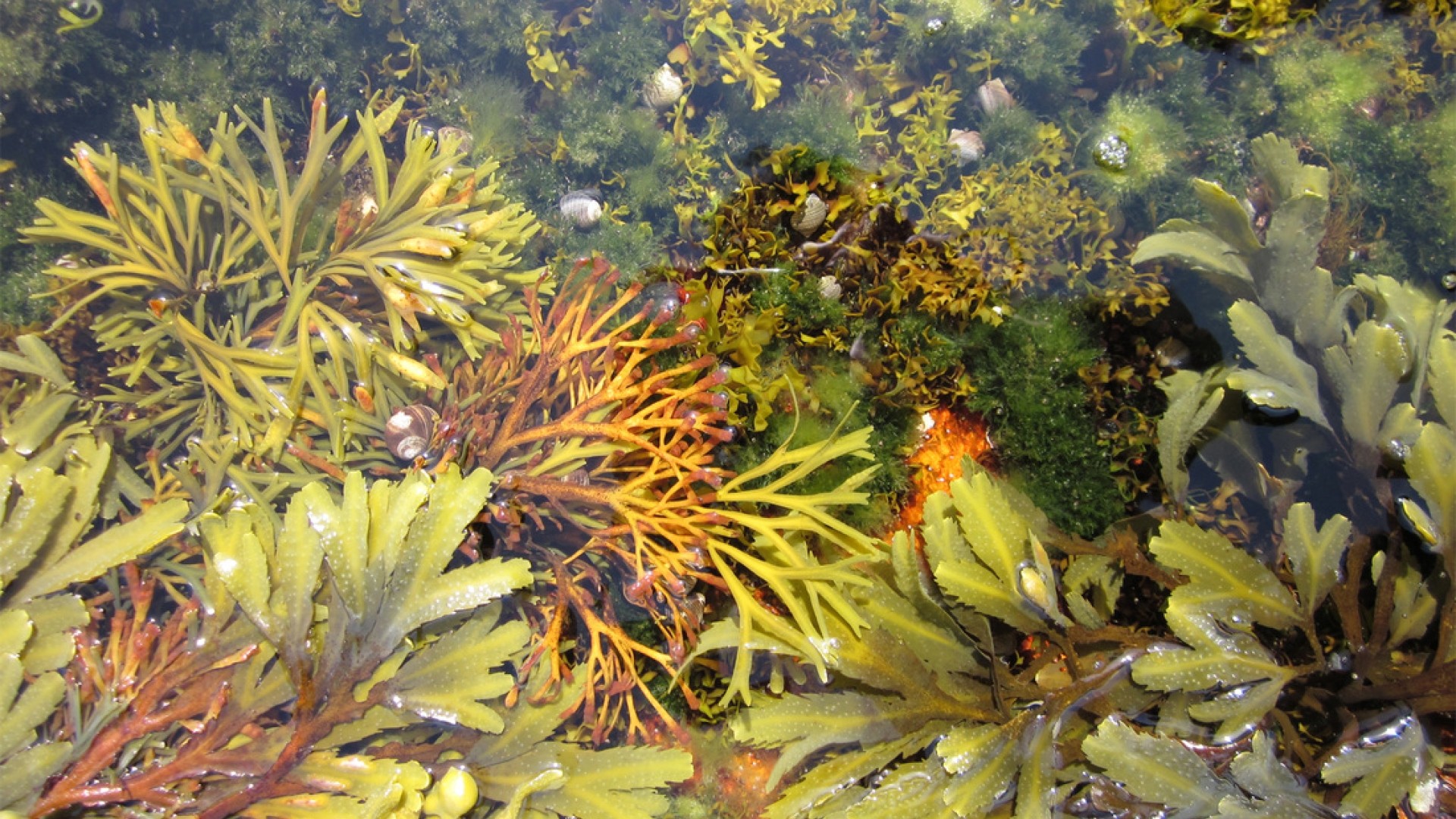
StFX biology professor Dr. Ricardo Scrosati is part of a team of 14 Canadian marine biologists that today had a large study, “Seafloor biodiversity of Canada's three oceans: Patterns, hotspots and potential drivers,” published in Diversity and Distributions, a leading journal in the field.
The study evaluated the marine benthic biodiversity of Canada's three oceans, from the Pacific, to the Arctic, to the Atlantic.
“Using field information compiled over many years by several labs, including StFX's Marine Ecology Lab, this team used data for nearly 3,000 species to identify biodiversity hotspots across Canadian marine ecosystems,” Dr. Scrosati says.
The team then used environmental information to investigate the most likely causes of such patterns.
Dr. Scrosati says overall, this study provides valuable information that should improve, among other objectives, the design of marine protected areas to preserve our rich and fascinating marine benthic biodiversity.
“We are happy to have the study published in this journal because it has a high impact factor, which suggests that the study will be widely seen in the scientific community around the world. Thus, on the one hand, in that way we hope to attract talented colleagues and students to do further studies on marine biology in Canada and, on the other, we would see exciting to see our approaches applied to other parts of the world towards the global synthesis that science is always seeking,” Dr. Scrosati says.
The beginnings of this project, he says, likely started from informal conversations among colleagues in the past, but it was a colleague, Dr. Mathieu Cusson from the Université du Québec, who in the end formally led this project to its successful completion. “Interestingly, the original idea behind this project has spread into new ideas and collaborations. For instance, with Dr. Cusson, we will be co-supervising a PhD student who will investigate the relationships between marine species biodiversity and the actual ecological function that such species collectively have in biological communities.” Dr. Scrosati will be going to Quebec soon to help design the studies.
This research is, in part, made possible by the Government of Canada Research Support Fund.

